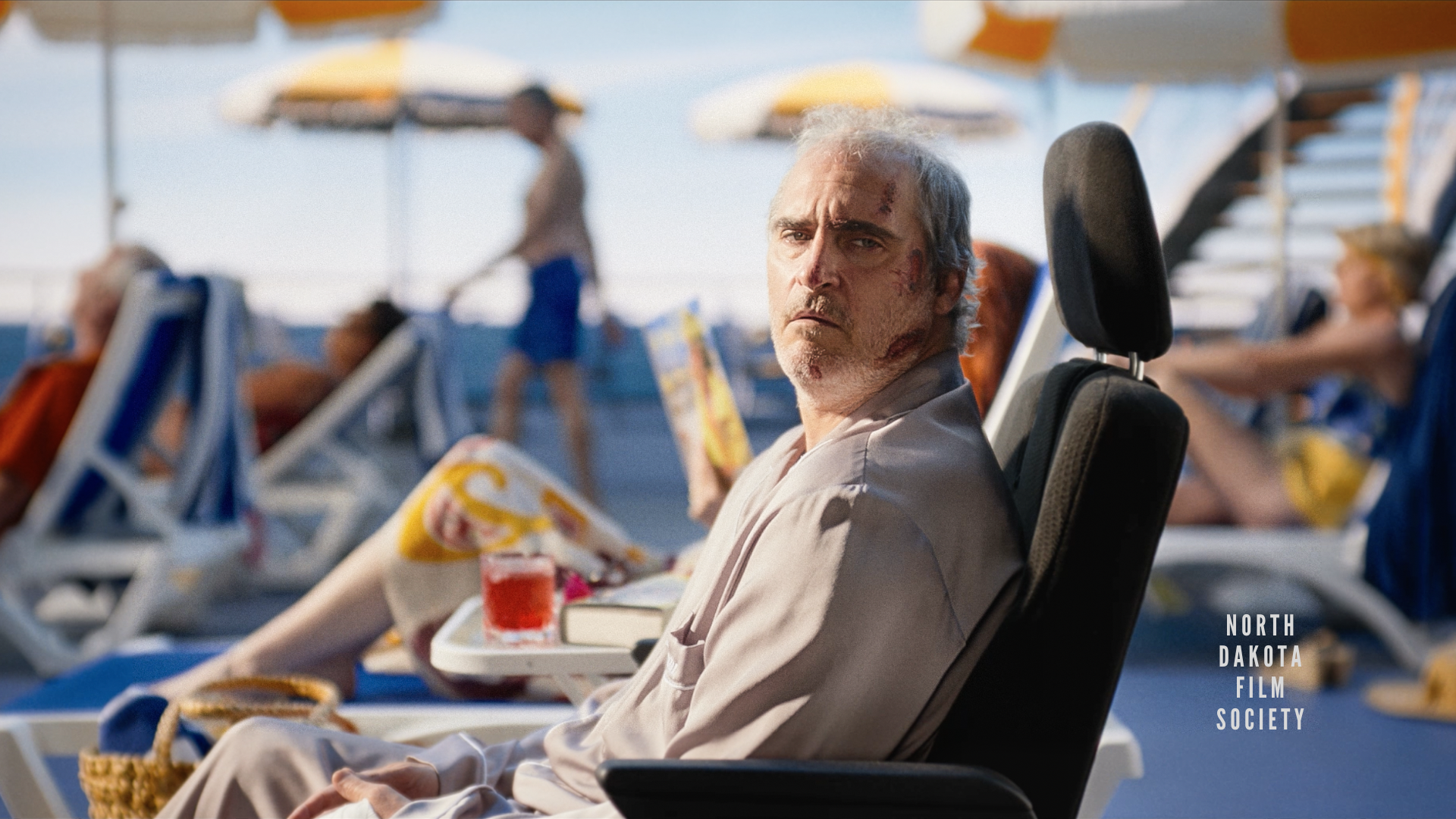Review: Ari Aster’s “Beau Is Afraid”
BY GREG CARLSON
“Hereditary” notched one of the most dazzling directorial debuts in recent memory, catapulting writer-director Ari Aster into the rarefied air of A24 auteurs, the hearts of genre hounds, and the spotlight of serious crossover attention. The filmmaker utterly curb-stomped any thoughts of a sophomore slump with “Midsommar,” a folk horror masterpiece even better than “Hereditary.” Expectations for round three, the decidedly different “Beau Is Afraid,” couldn’t have been higher. The divisive, three-hour phantasmagoria trades the spine-tingling, bone-rattling terror of the previous work for a deeply personal black comedy. But is it funny?
Aster cannot be faulted for taking advantage of his success to make a bold attempt at something outside the hues and tones of his previous two films. And assuredly, the filmmaker’s commitment to exploring PTSD and examining looming family ghosts link “Beau Is Afraid” to the brand. But reviews and reactions are expectedly split within groups of critics as well as fans. Ehrlich tags it as a “true original in spite of all that it borrows” (no disagreement there) while LaSalle sees “a movie that’s all talent and no discipline, which, in practice, is even worse than a movie that’s all discipline and no talent.” As for me, the burdensome length didn’t do the story any favors, despite Joaquin Phoenix’s reliability.
Phoenix’s title character joins a long line of emotionally paralyzed worriers tethered to apron strings forged of iron. Hot on the heels of “The Fabelmans,” “Beau Is Afraid” also breaks bread with, among others, “Portnoy’s Complaint,” “Psycho,” “Mother (1996),” the “Oedipus Wrecks” segment of “New York Stories,” and “My Winnipeg” (which tops Aster’s film with a fraction of the budget and an 80-minute clock). We learn that Beau’s father died at the point of sexual climax during which his son was conceived – and on his wedding night, no less. Beau, who shares the same heart defect that claimed his dad’s life, has remained a virgin into middle age.
No doubt many Aster admirers will dig the film’s commitment to the surrealist blurring of the “real” (such as it is) and the impossible as Beau fulfills his promise to attend the funeral of his mother. Our hapless protagonist is propelled from the dubious safety and shelter of his ratty, spider-infested apartment above porn shop Erectus Ejectus into an episodic odyssey fit for the imagination of Leopold Bloom. Along the way, Aster tries out all manner of gags and humiliations, setting up motifs (testicular torment!) that will receive callbacks and payoffs once the narrative reaches its eventual destination.
I have no doubt that Aster enjoyed making “Beau Is Afraid” a lot more than I enjoyed watching it. And I did enjoy some of the cogs and gears if not the sum total of their assembled machinery. When Aster tries his hand at staging a play in the manner of Wes Anderson’s many instances of glorious theatricals, the gorgeous design, complete with a reverential nod to “The Wizard of Oz,” breathes some life into the ordeal as a temporary distraction. I know the big showdown with Patti LuPone is supposed to be the main event, but it is the preceding scene that makes one wish Parker Posey would have been around for much, much more. She is easily the highlight of the movie.
For more of Greg Carlson’s reviews, see Southpaw Filmworks.
